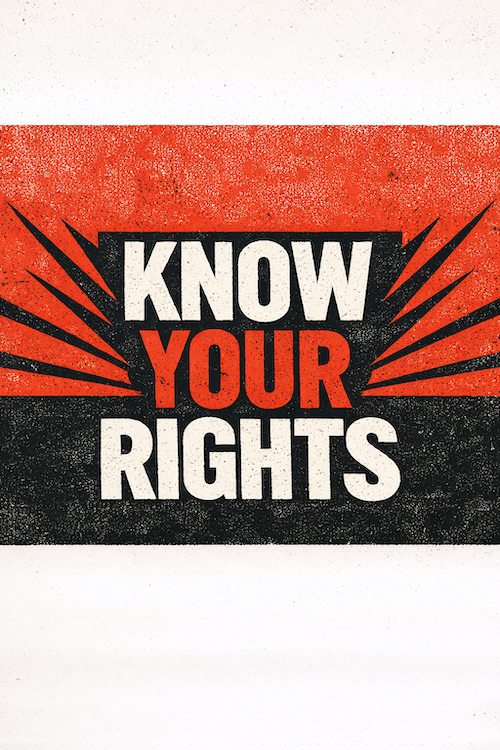New IRS Ruling Gives Employers and Employees More Benefits Flexibility
A recent IRS private letter ruling could ultimately allow employees to choose how their employers’ 401K contributions are paid out.
Under this new IRS ruling, an employee can request that the employer’s 401K contribution be deposited into the employee’s 401K account as usual or, alternatively, applied to the employee’s student loan debt, health retirement account (HRA) balance, or even their educational assistance program (EAP) benefits. If no choice is made by the employee, the employer’s 401K contribution would be applied to the employee’s 401K account, as usual. There is no option under the new ruling to allow the employee to request the employer’s 401K contribution in cash. You can see this recent private letter ruling expanding 401K benefits flexibility here.
As an IRS private letter, this ruling applies only to the individual employer entity that requested it. That employer’s identity is not known, at least as of now. Other employers who are interested in offering similar choices to their employees would need to request a similar private letter ruling from the IRS. You can find more information on how to do that here.
This is a significant event because many employee benefits that are now standard for employees started as the result of an IRS private letter ruling. For example, in 2018, Abbott Laboratories asked for a private letter ruling from the IRS on whether Abbott could make matching contributions into an employee’s 401K account whenever the employee’s made a payment on their student loans. The IRS ruled in favor of Abbott Laboratories and allowed the matching contributions. You can read the IRS’ private letter ruling to Abbot Laboratories here. This practice eventually became law and applied to all employer 401K accounts in 2022 in the federal law known as the Secure Act 2.0. You can read the text of the Secure Act 2.0 here.
If you have questions about your 401K benefits, or any other benefits, please feel free to contact us.
Insights
OUR BLOG


